Affiliate links on Android Authority may earn us a commission. Learn more.
When it comes to smartwatches, is it actually hip to be square?
Published onDecember 29, 2021
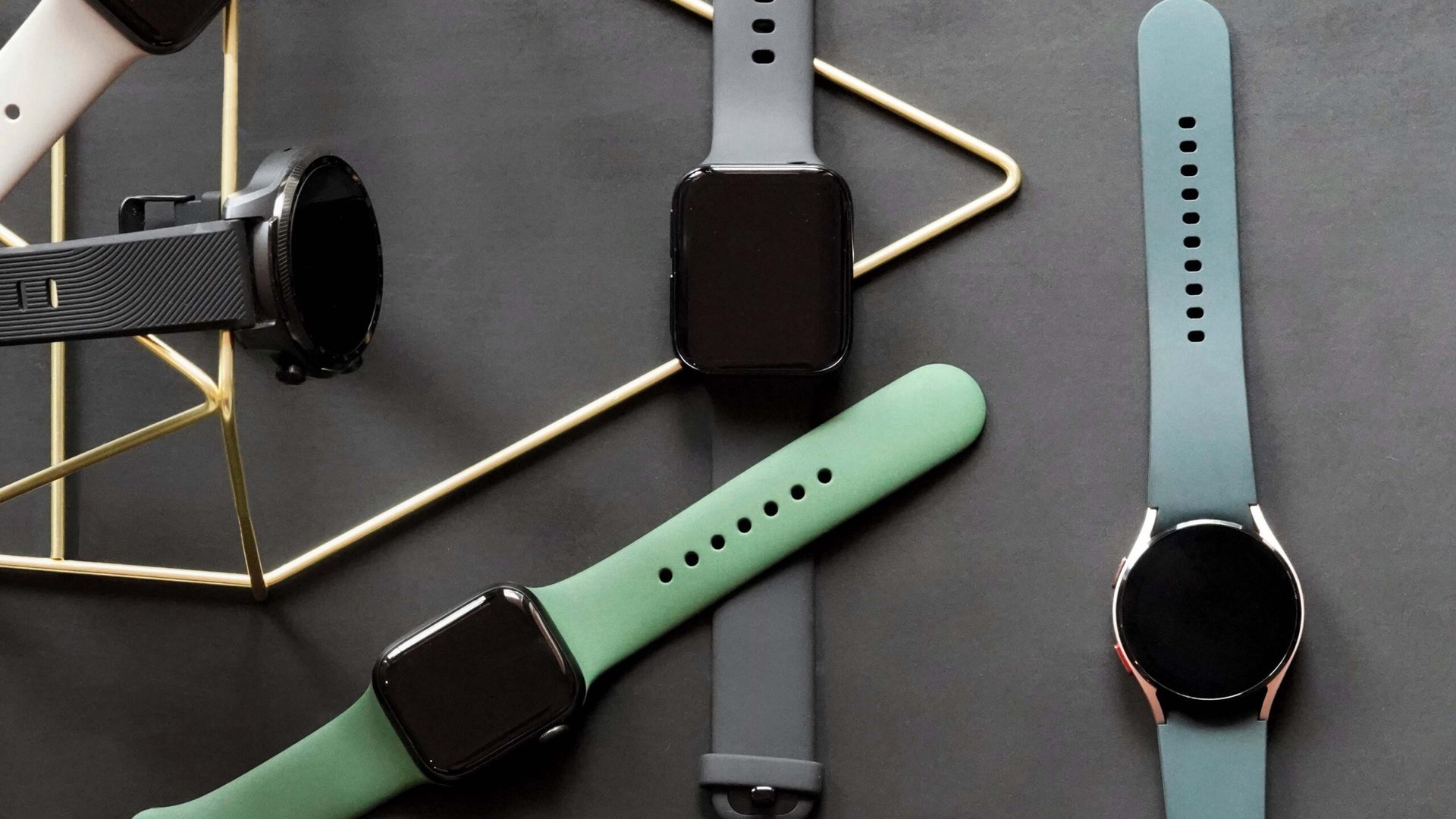
The discussion of square vs. circular smartwatches isn’t new, but it’s yet to reach a definitive answer. It’s certainly easier to pull off an angular device than it used to be, but many users still swear by the circular aesthetic.
This year, we saw the debut of an exciting new Wear OS on the Samsung Galaxy Watch 4, an effortlessly classy flagship device featuring a round profile. We also saw the unveiling of the Apple Watch Series 7, boasting a bigger display than ever before, in the same shape we’ve come to expect.
But which design makes the most sense? There are reasonable (and unreasonable) defenses of each. Let’s break down the common arguments and the practical pros and cons of both round and square watch cases.
Our verdicts: Samsung Galaxy Watch 4 review | Apple Watch Series 7 review
Aesthetics are personal
Before we get too deep here, it goes without saying that style is subjective. Many people dig the heavily geometric silhouette of the Apple Watch. Maybe the streamlined form and straight edges have an art-deco vibe you can get behind. Alternatively, you could be one of many users who insist on a circular watch. It could be you hated The Great Gatsby. Or maybe the rectangular form just screams “sport,” and you’d hate for people to think you enjoy cardio exercise.
If you’re choosing your device based solely on the look of your case, this article probably won’t sway you. Aesthetics are profoundly personal and aren’t typically up for debate. That being said, you’re buying a tool, not just an accessory, so it might be worth compromising for the best experience.
Related: The best running watches you can buy
Circling back to old square designs
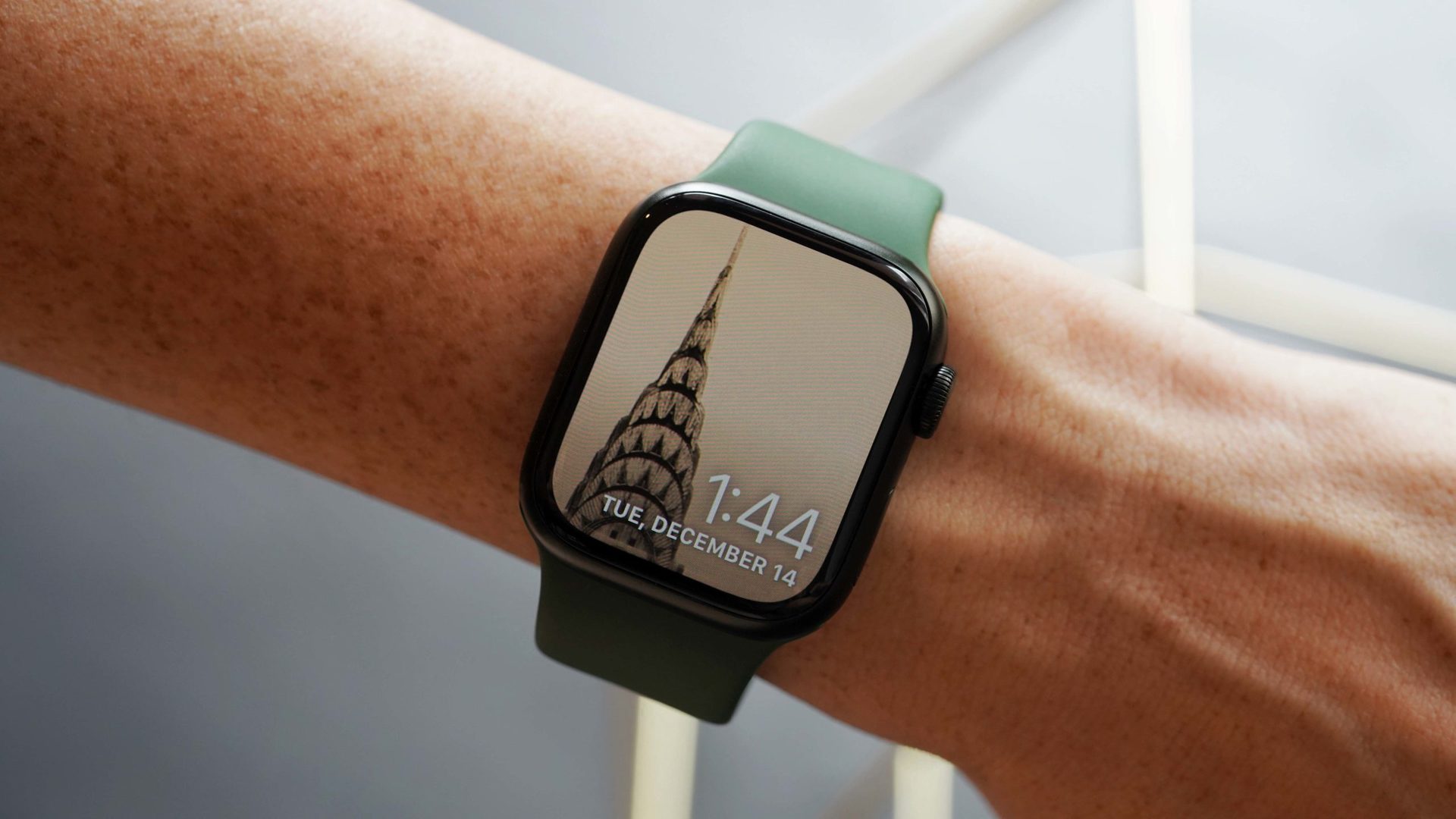
The argument for wanting to mimic a traditional watch opens another door of discussion. I fell into a delightful rabbit hole of wristwatch history researching this debate. However, I acknowledge that not everyone is as nerdy as I am, so I will spare readers the details. The important thing to note is that Apple didn’t reinvent the wheel (or, in this case, the watch).
Angular wristwatches may seem few and far between, but they’ve always had a place in history. Cartier’s 1904 square-shaped Santos is regarded as one of the world’s first wristwatches. Its successor, the Cartier Tank (a rectangular watch inspired by the tread lines of WWI tanks), is a truly timeless luxury watch that, at 100 years old, has clearly stood the test of time.
This means users (including me) who want a device that looks like a real watch have more options than they might realize. Apple’s rectangular silhouette has always been around. Overshadowed perhaps, but always present.
A clear break from tradition
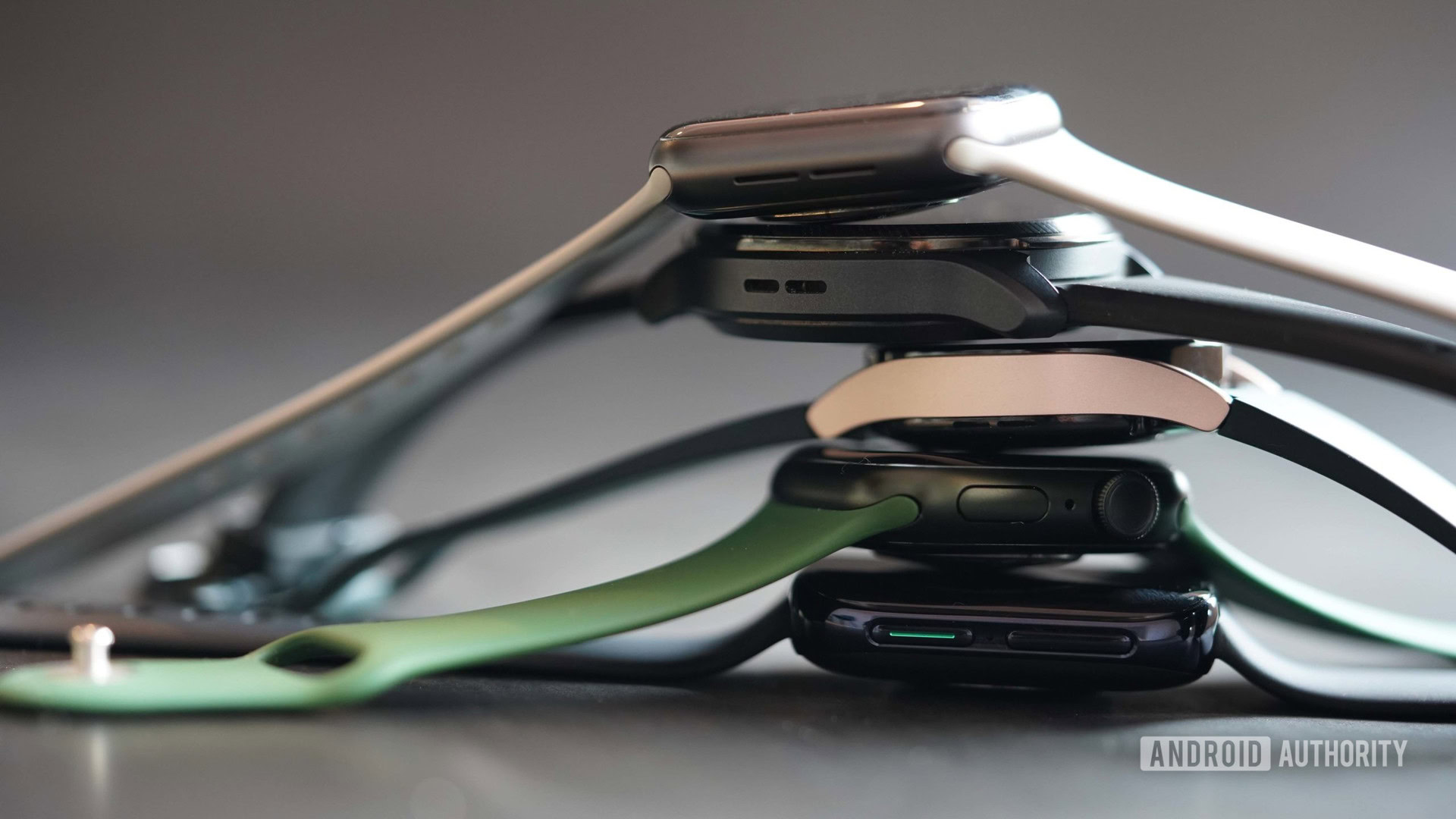
More importantly, we aren’t talking about comparable purchases. Just like smartphones aren’t the same as old rotary phones, smartwatches don’t serve the same purpose as your 20th-century timepiece. Aside from the fact that smartwatches can make phone calls, track SpO2, store photos, and generally do so much more than regular watches, they’re simply not the same thing.
We don't have the same relationship to smartwatches as we had to traditional wristwatches.
Smartwatches are frequently upgraded, decommissioned, and swapped out compared to traditional watches. No one passes their Galaxy Watch 4 to their great-grandson as a family heirloom. These are utilitarian devices, and as such, there’s a fair argument to be made that form should follow function (says the writer who insists on a green device, a uselessly adorable watch face, and a very much not-waterproof loop band).
The circular movement
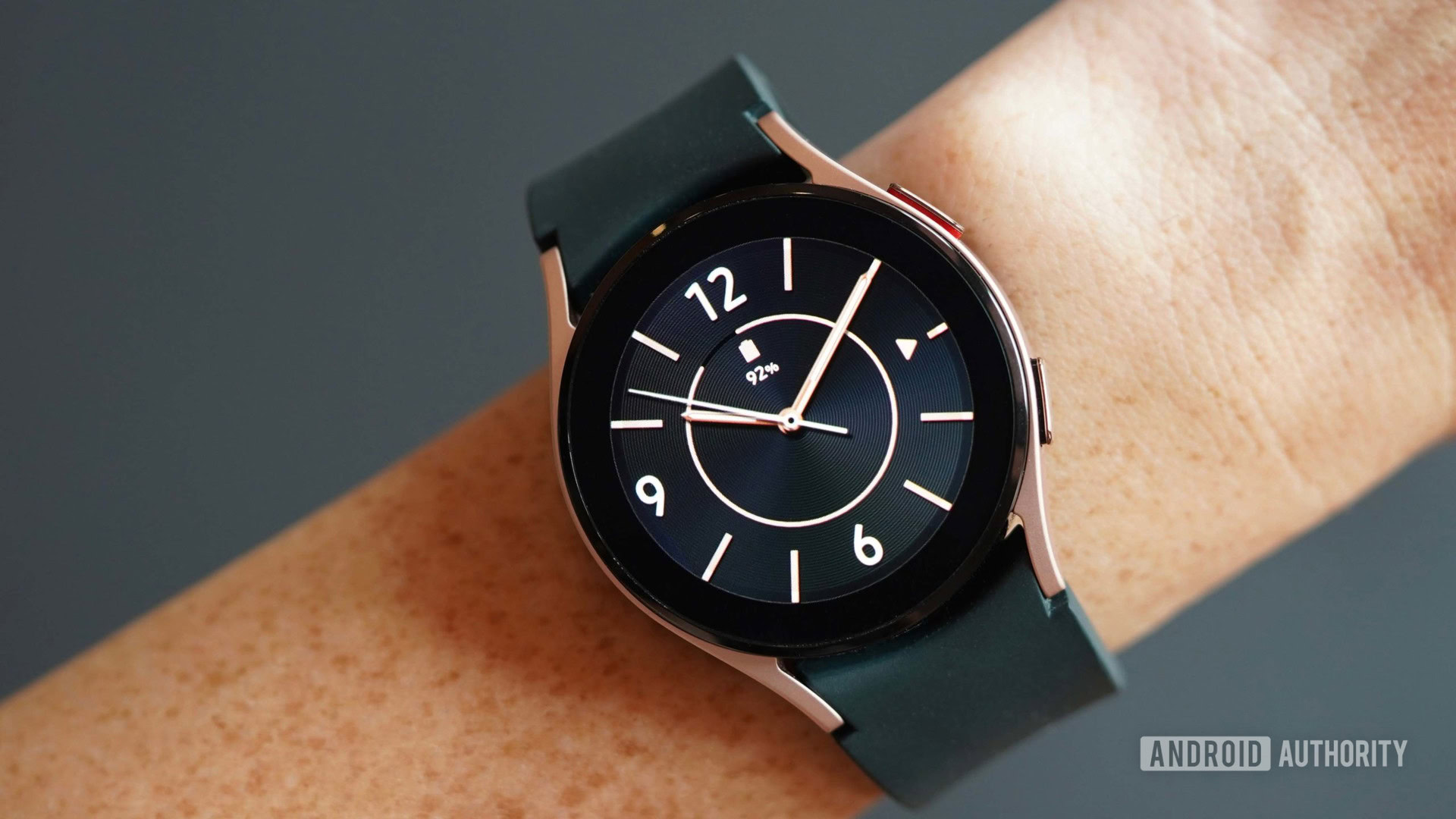
So why do so many devices follow the circle trend? When the Moto 360 first brought a circular Wear OS watch to wrists, it created a juggernaut. Since then, the circle has been the most common option for many, including Samsung, Garmin, and Wear OS users. This makes sense for brands like Fossil or Michael Kors, as fashion brands cater to an audience shopping for a specific look.
Check out: Your guide to the best fashion smartwatches
Circular displays are ideal for round analog watch faces, and they’re often better suited to small wrists. They fit more easily into a fancy look and blend seamlessly with business attire. In other words, they provide a subtle counter to the sporty look of square smartwatches. But what about their usefulness? A circular aesthetic doesn’t have to be the standard for a competitor like Samsung, and it frankly might not be the right one.
If it’s not hip, it’s at least helpful to be a square smartwatch
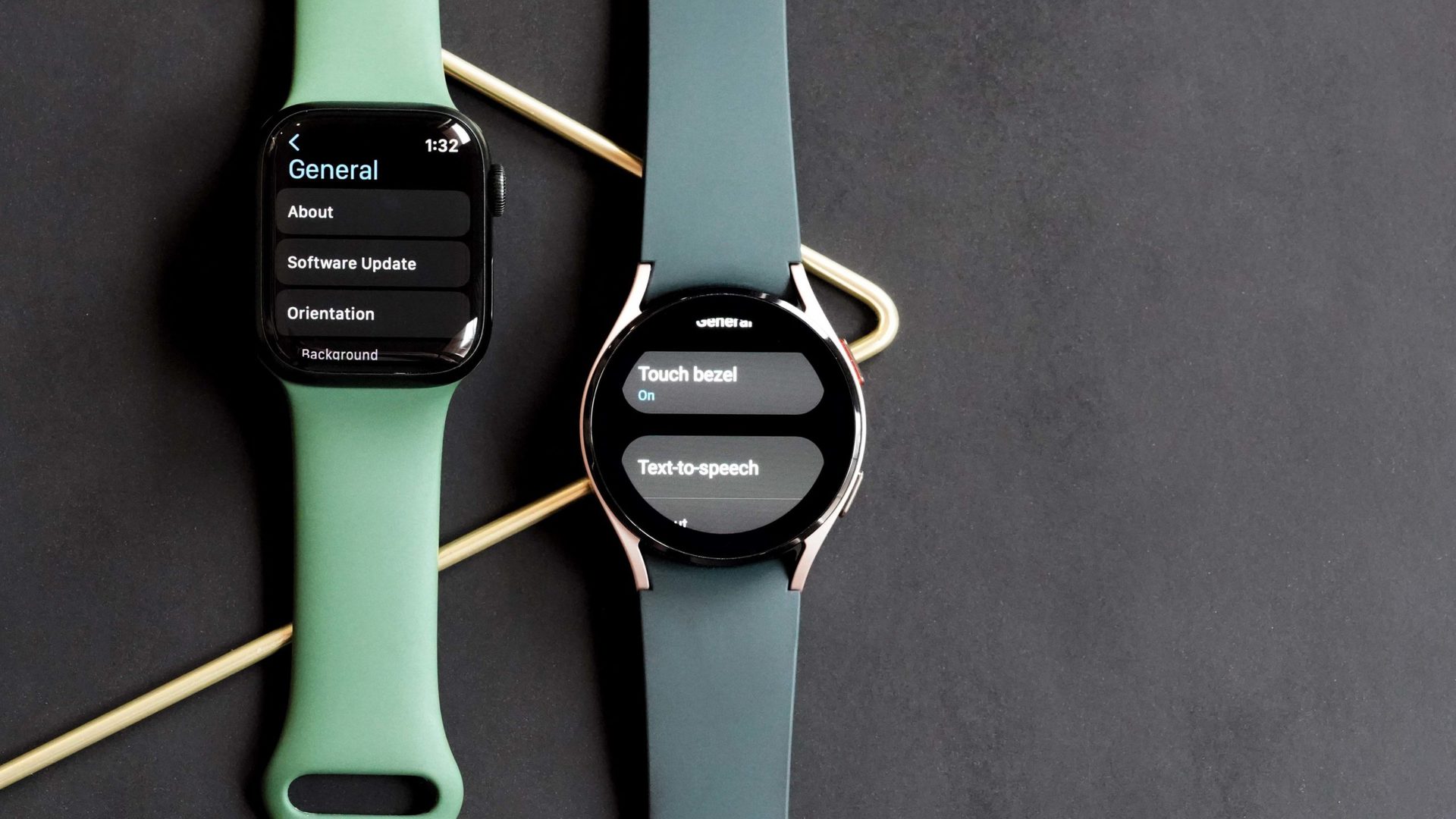
Beyond appearances, circular screens simply don’t have the same functionality as a rectangular display. It comes down to real estate. Round watches have a smaller footprint, and only a few lines of information can ever use the maximum width. In other words, you’ll see a lot of chopped text and frustrating margins.
Circular screens fall even further behind with the oversized new Apple Watch Series 7. It’s hard to overlook a full keyboard, bigger buttons, and more space than ever before. With a consistent trend toward advanced health and fitness tracking, square smartwatches also make the most sense for displaying graphs.
Rectangular displays offer users more room to display information and interact with features.
Additionally, there’s an argument for keeping things consistent. Most screens we use on a daily basis are rectangular, including smartphones, monitors, e-readers, laptops, and televisions. The benefit of a similar user experience across all devices is worth mentioning.
Boiling it down: Circular vs square smartwatches
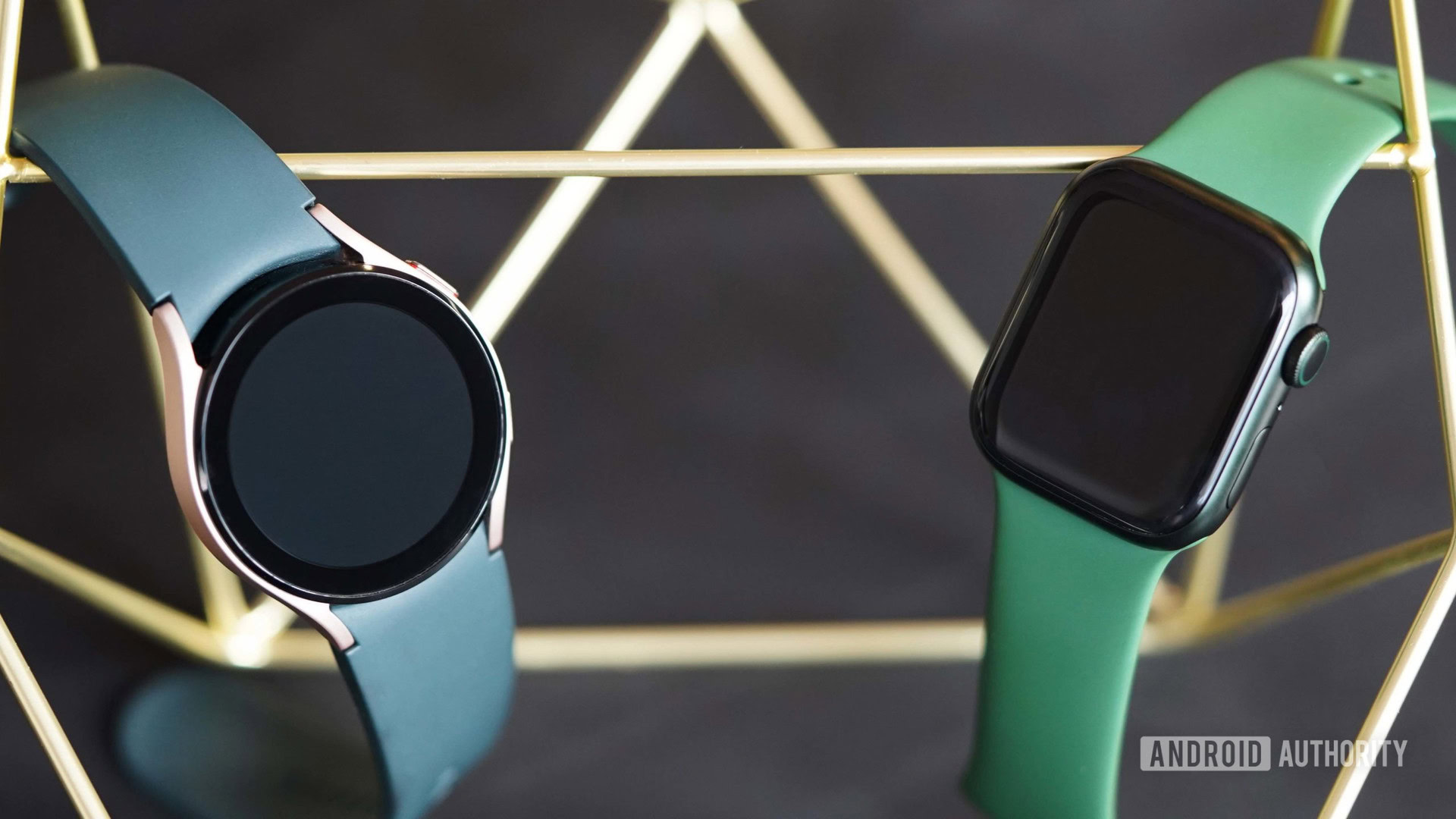
Square smartwatch pros
- More space for information at a glance
- Intuitive organization of information
- A consistent experience across devices
Squared-off watch faces offer users the most space to interact with their devices. That’s the argument in a nutshell.
Square smartwatch cons
- An overwhelmingly sporty aesthetic
- People know you’re very likely an Apple user
- Size variety is limited
While we can argue angular watches are historical, no one thinks you’re wearing a classy jazz-era timepiece. You can be sure your boss knows that when you check your smartwatch, you’re catching up on a text thread, not just seeing if it’s half-past nine.
Circular smartwatch pros
- Easier to dress up or down
- Analog faces look at home
- Available in a great variety of sizes
If your smartwatch is, first and foremost, a statement accessory with some notification support, circular devices might fit the bill.
Circular smartwatch cons
- Limited real estate to display information
- Less functionality and room for interaction from the user
The space race is back on, albeit a little different and a lot closer to home. If companies want to catch up, they’ll likely need to think outside the box (or inside the square?).
Do you prefer round or square smartwatches?
You can’t please everyone
Smartwatch industry leaders can’t make everyone happy, including this Apple user with a Galaxy Watch love affair. The ultimate solution would be to give users more choice. As a frequent Apple Watch user, I would love to see a circular option for pairing with formal attire, particularly women’s wear. Likewise, I can imagine a square smartwatch would be a welcome change for many Garmin, Wear OS, Samsung, and other circle watch users.
Continue reading: The best smartwatches for women